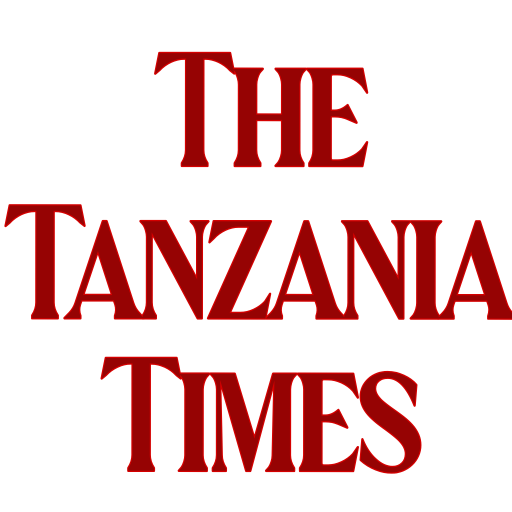Wildlife Trafficking Report 2024: Kenya, Uganda and Tanzania under Focus, while DR Congo remains a state of ‘serious concern!’
The U.S Department of State continues to designate the Democratic Republic of Congo, Cambodia, Cameroon, Laos Madagascar and Nigeria in the ‘Countries of Concern’ listing, as far as wildlife trafficking is concerned.
According to the U.S Department of State’s Climate, Environment, and Conservation, Kenya, Uganda and Tanzania remain under the ‘Focus Countries’ billing among 22 other precincts.
To identify Countries of Concern among the 24 Focus precincts, the Department of State, in consultation with the Departments of the Interior and Commerce, as well as with the Department of Justice and USAID, reviewed publicly available information as well as classified material to identify governments actively engaged in or knowingly profiting from trafficking of endangered or threatened species.
But as far as the Eliminate, Neutralize, and Disrupt (END) Wildlife Trafficking Report of 2024, more than one of these countries are taking affirmative steps to strengthen enforcement, reduce demand, and improve international cooperation to combat wildlife trafficking.
“Countries demonstrating serious and sustained efforts to prevent and prosecute wildlife trafficking may be removed from the Countries of Concern list in the next report, barring other factors,” reads part of the report from the United States Bureau of Oceans and International Environmental and Scientific Affairs.
The Task Force on Wildlife Trafficking co-chaired by the U.S Secretary of State, the Secretary of the Interior, and the Attorney General, brings together 17 federal departments and agencies to implement the National Strategy for Combating Wildlife Trafficking.
The U.S. government’s three-pronged approach to combating wildlife trafficking – strengthening law enforcement, reducing demand, and building international cooperation – reportedly deprives criminals of a key source of financing, reducing the criminal threat posed to U.S. citizens.
For 2024, the Task Force agencies spent considerable time reviewing the criteria that had led to the earlier designations.
The 22 Focus countries
On the other hand, the U.S Department of State, in consultation with the Departments of the Interior and Commerce as required by the Eliminate, Neutralize, and Disrupt (END) Act, as well as the Department of Justice and USAID, has listed the other three East African countries of Kenya, Uganda and Tanzania among the 22 Focus Countries in wildlife trafficking.
The List of Focus Countries in 2024 also includes Brazil, Cameroon, Cambodia, Colombia, Gabon, India, Indonesia, Madagascar, Mexico, Mozambique, Nepal, Nigeria, and the People’s Republic of China, Philippines, South Africa, Thailand, Vietnam and Zimbabwe and Republic of the Congo.
Each of those 22 countries continue as a ‘major source of wildlife trafficking products or their derivatives, a major transit point of wildlife trafficking products or their derivatives, or a major consumer of wildlife trafficking products,’ according to the 2024 report.
United States missions in all 24 Focus Countries reported indicator data this year.
Every post reported supporting host country wildlife law enforcement with training or other resources in the last two years.
Twenty-one of 24 posts reported data on arrests, prosecutions, and convictions of wildlife traffickers. Eighteen posts reported existing laws treating wildlife trafficking as a serious crime.
The Task Force also obtained data on demand reduction indicators for 11 of the 24 Focus Countries, reaching an estimated 197 million people.
Over the past five years, the United States Agency for International Development (USAID) spent over USD 50 million to combat wildlife trafficking in Tanzania and support the improved management of the country’s natural resources.
Countries of Concern
Meanwhile ‘Country of Concern’ designation for the Democratic Republic of the Congo, Cambodia, Cameroon, Laos Madagascar and Nigeria, according to the Department of State, does not indicate that all parts of a government are or have been involved in wildlife trafficking, but it does indicate serious concerns either high-level or systemic government involvement has occurred.
The Task Force will, among other things, ensure U.S. government agencies coordinate among themselves and with non-federal partners to implement the respective U.S. mission strategic plans developed with a view to supporting these countries and their governments’ efforts to reduce trade in, and consumer demand for, illegally traded wildlife and wildlife products.



